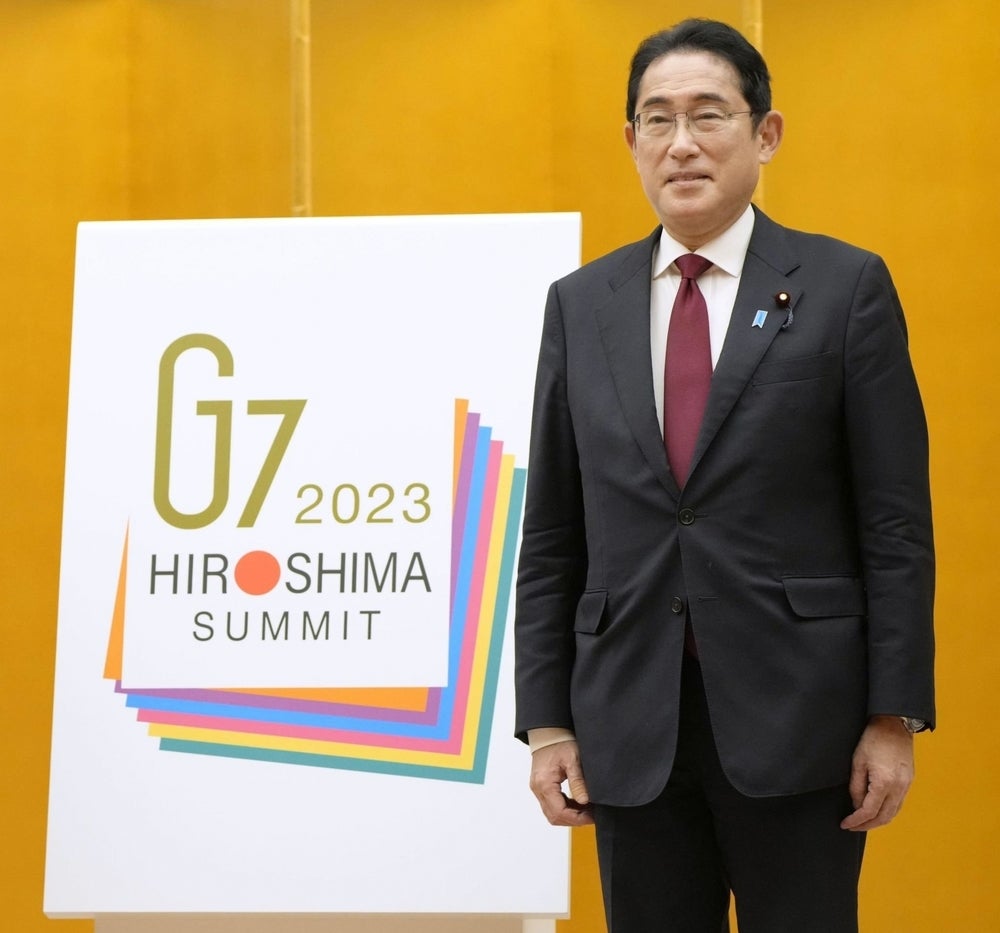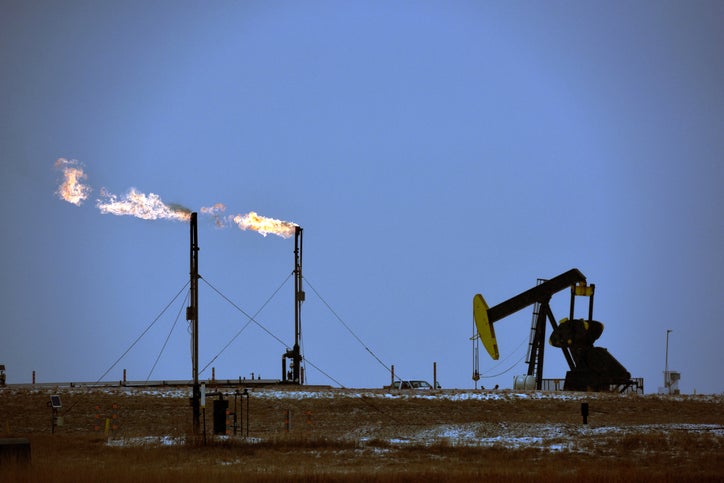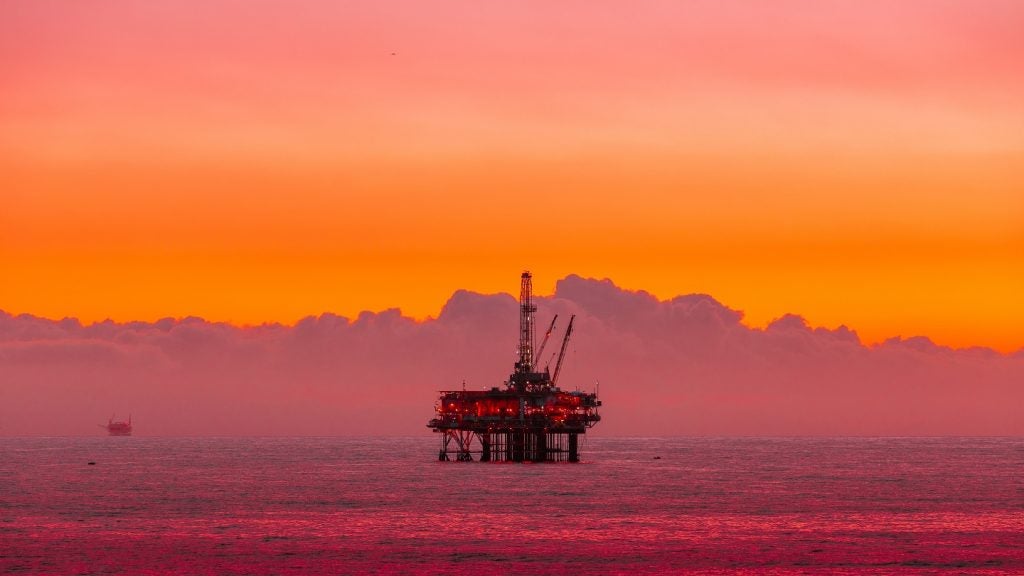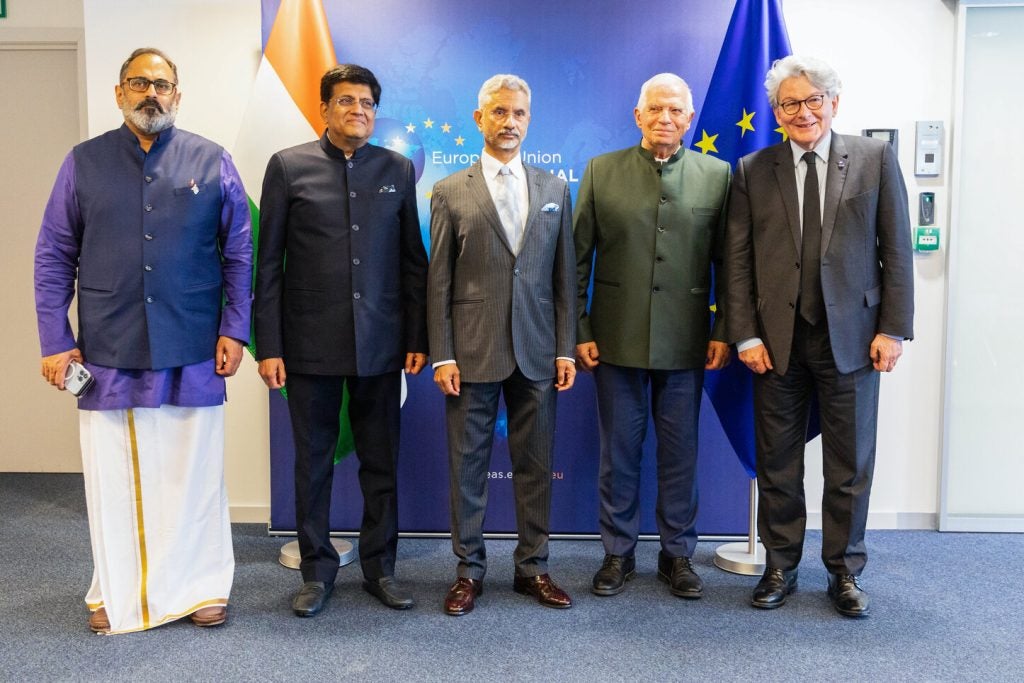
The EU and leaders of the Group of Seven (G7) will move to ban Russian gas imports on routes where Russia has cut supplies, the first such move since the country’s invasion of Ukraine, the Financial Times reports.
The decision would prevent the resumption of Russian pipeline gas exports to western Europe, including Poland and Germany, where Moscow cut off supply last year and triggered a European energy crisis. The announcement is expected at the G7 summit in Japan scheduled for the end of this week. The group comprises Canada, France, Germany, Italy, Japan, and the US.
A draft G7 statement seen by the Financial Times said that the group would further reduce their use of Russian energy supplies “including preventing the reopening of avenues previously shut down by Russia’s weaponisation of energy” at least until “there is a resolution of the conflict”.
A warmer winter across Europe and increased imports from other sources has raised gas storage to approximately 60% full, a 30% increase from this time last year. With European gas storage unusually high for the time of year and wholesale prices inching back to their normal price-range, European leaders appear confident in the security of supply.
The new measures aim to limit Russian income from its energy trade to curb its military spending, principally by targeting sanctions evasion currently made possible via trade with countries outside of the EU, sources with direct knowledge of the discussions reportedly said.
Russian oil is also finding its way into Europe. Last month, it was reported that crude oil from the country is getting a backdoor into Europe via trade with India, which exports 12%-16% of its diesel products to European countries, particularly France, Turkey, Belgium and the Netherlands. On top of this, almost 50% of India’s refined jet fuel exports in 2022-2023 were sent to Europe.
Officials representing the US also expect G7 members to agree to ban all exports to Russia unless they are on a list of approved items. This is a tightening of the group’s sanctions, which currently allow all goods to be sold to Russia unless they are explicitly blacklisted, Reuters reports. There are hopes that this change will make it more difficult for Moscow to find gaps in sanctions.
However, some G7 members have resisted this last plan. “The sometimes-discussed approach of ‘we ban everything first and allow exceptions’ will not work in our view,” said one top German government official. “We want to be very, very precise and we want to avoid unintended side effects.”





